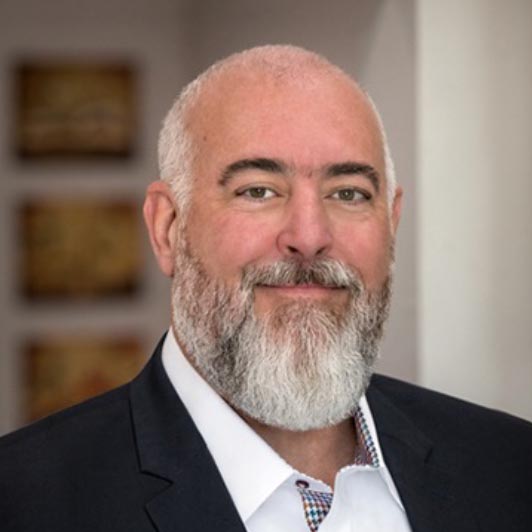Kendall and Bexar County Estate Planning
Texas Estate Planning Blog


Shawn McCammon is the founder and managing shareholder of McCammon Law. Shawn has been practicing for over 20 years, starting off in litigation before working in-house as a corporate attorney, and finally opening his own firm in 2009.
Congratulations, if you have finished your estate plan. You and your estate planning attorney created a plan that is suited for your family, you have checked on beneficiary designations, signed all of the necessary documents and named an executor to carry out your directions when you pass. However, have you talked about your estate plan with your adult children? That is the issue explored in the recent article entitled “What to tell your adult kids when planning your estate” from CNBC. It can be a tricky one.
There are certain parts of estate plans that should be shared with adult children, even if money is not among them. Family conflict is common in many cases, whether the estate is worth $50,000 or $50 million. So, even if your estate plan is perfect, it might hold a number of surprises for your children, if you don’t speak with them while you are living.
The best estate plan can bequeath resentment and enduring family conflicts, if family members don’t have a head’s up about what you’ve planned and why.
If you die without a will, there can be even more problems for the family. With no will—called dying “intestate”—it is up to the courts in your state to decide who inherits what. This is a public process, so your life’s work is on display for all to see. If your heirs have a history of fighting, especially over who deserves what, dying without a will can make a bad family situation worse.
Not everything about an estate plan has to do with distribution of possessions. Much of an estate plan is concerned with protecting you, while you are alive.
For starters, your estate planning attorney can help you with a Power of Attorney. You’ll name a person who will handle your finances, if you become unable to do so because of illness or injury. A Healthcare Power of Attorney is used to empower a trusted person to make medical decisions for you, if you are incapacitated. Some estate planning attorneys recommend having a Living Will, also called an Advance Healthcare or Physician's Directive, to convey end-of-life wishes, if you want to be kept alive through artificial means.
These documents do not require that you name a family member. A friend or colleague you trust and know to be responsible can carry out your wishes and can be named to any of these positions.
All of these matters should be discussed with your children. Even if you don’t want them to know about the assets in your estate, they should be told who will be responsible for making decisions on your finances and health care.
Consider if you want your children to learn about your finances during your lifetime, when you are able to discuss your choices with them, or if they will learn about them after you have passed, possibly from a stranger or from reading court documents.
Many of these decisions depend upon your family’s dynamics. Do your children work well together, or are there deep-seated hostilities that will lead to endless battles? You know your own children best, so this is a decision only you can make.
It is also important to take into consideration that an unexpected large inheritance can create emotional turbulence for many people. If heirs have never handled any sizable finances before, or if they have a marriage on shaky ground, an unexpected inheritance could create very real problems—and a divorce could put their inheritance at risk.
Talk with your children, if at all possible. Erring on the side of over-communicating might be a better mistake than leaving them in the dark.
Reference: CNBC (Nov. 11, 2020) “What to tell your adult kids when planning your estate”
Boerne/San Antonio Office
138 Old San Antonio Rd.
Suite 504
Boerne, TX 78006
